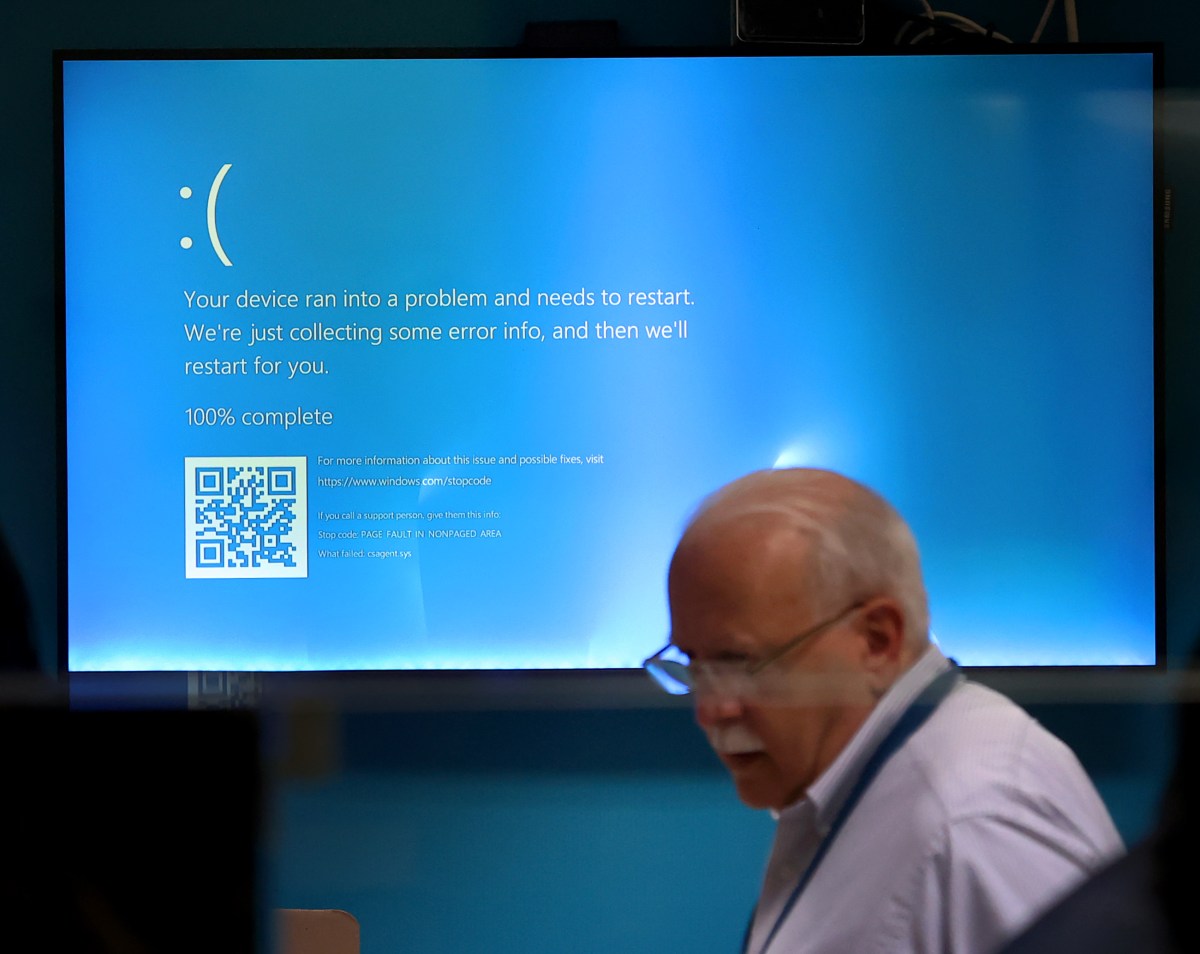CrowdStrike, the cybersecurity firm that crashed millions of computers with a botched update all over the world last week, is offering its partners a $10 Uber Eats gift card as an apology, according to several people who say they received the gift card, as well as a source who also received one.
On Wednesday, some of the people who posted about the gift card said that when they went to redeem the offer, they got an error message saying the voucher had been canceled. When TechCrunch checked the voucher, the Uber Eats page provided an error message that said the gift card “has been canceled by the issuing party and is no longer valid.”
On Friday, CrowdStrike released a faulty update that rendered around 8.5 million Windows devices unusable, according to Microsoft. The update caused the affected computers to be stuck at the infamous “blue screen of death,” or BSOD, a bright blue error screen with a message that is shown when Windows crashes or cannot load because of a critical software failure.
The outage caused delays at airports in Amsterdam, Berlin, Dubai, and London, and across the United States. It also caused several hospitals to halt surgeries, and paralyzed countless businesses all over the world.



Did anyone actually die because of it? I couldn’t find any reports on that. Maybe that’s just because Google is useless, idk
Seriously doubt it. Elective surgeries were likely cancelled, which could certainly prolong suffering for some, but life saving surgeries can absolutely happen and do without computers.
It’s really hard to know for sure. Some percentage of elective surgeries or procedures end up detecting something life threatening. If the canceled procedures were rescheduled promptly then the outcomes probably haven’t changed in a meaningful way. But in the US, stuff is booked out months in advance so it may be impossible to get everyone rescheduled for something in the next week or two.
That’s really hard to evaluate.
There were almost certainly a meaningful number of deaths in affected facilities, but a single weekend is a short enough sample that it’s hard to say confidently without a lot of data. Stuff like temperature and air quality affects death rates, as does stuff like “it’s already been hot for a week and the patients who were most vulnerable to heat already died”. And there were a lot of tests and scans that were cancelled (or at least delayed) that would have caught something, or patients that couldn’t get admitted who should have been, or a whole host of other things that are hard to measure.
Basically, there’s enough actual variance and pseudo variance through factors that are hard to measure that it would take a pretty big swing to be definitive. But purely on the basis that quality of care is correlated to death rate and quality of care was meaningfully degraded, the reasonable assumption would be that there were some, even if providing data to back it would be extremely difficult.